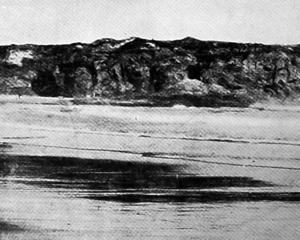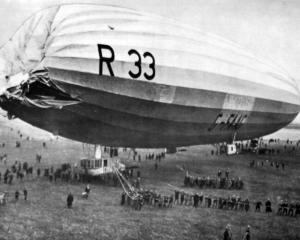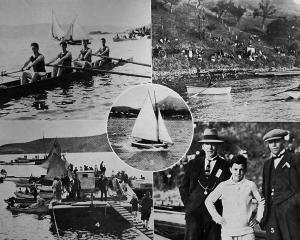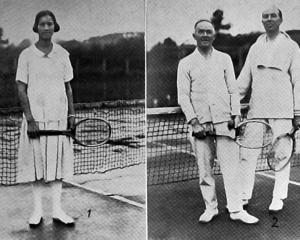A returned soldier informed a Masterton Age reporter on Friday that quite a number of New Zealanders of independent means have made Egypt their temporary homes, with the object of making the lives of invalided soldiers as bright as possible.
He stated that Mrs Studholme, wife of a well-known South Island runholder, had a car continually at the disposal of injured and convalescent men, and besides the outing, the men were treated to all sorts of luxuries calculated to build up their health.
Mr George, a son of Mr George, of George and Kersley, Wellington, was also doing similar good work, he having recently purchased a new car for this purpose.
‘‘It is the sort of thing,'' said the soldier, ‘‘that makes us think kindly of New Zealand and the people for whom we are making the supreme sacrifice.''
■‘‘Fairplay'' puts in a plea for a reduction in the hours of employment for waitresses in tea rooms, who have to work for nine and 10 hours a day, with a half-day off once a week.
Our correspondent says: ‘‘It is pitiful to see those on late shift hurrying to catch the last car, and in many instances missing it, in which case they have to walk home, after being on their feet all day, and run the risk of being subjected to insults from individuals, who, of late, have been molesting girls and women.
What a blessing it would be to these girls if the employers closed their rooms at, say, 10.30 p.m., and give them a chance to get their cars in comfort! Why need the rooms be kept open to nearly midnight?''
■There has been a great increase in the number of rabbits in the country during the past two years (writes Agricola, the South Island correspondent of the Farmers' Union Advocate).
The river beds are full of the pest, and the bunnies rapidly spread to the adjoining farms, particularly if there is any shelter available. It is a very long time since rabbits were so plentiful. In fact, on the farm lands it is probable that there were never so many before.
Some farmers, it is feared, are not taking proper steps to deal with the pest, though the inspectors have been fairly active of late. A good deal may be done by shooting, dogging, and trapping, but the really effective destroyer is poisoned pollard.
■A rather unusual occurrence was witnessed at the Waikaka Valley coal mine on Monday (says the Mataura Ensign). The proprietor was absent at Dunedin, and as he held the mine permit the coal miners under the mining regulations were unable to work the pit.
No less than four farmers and a contractor were waiting with teams for coal, and strong endeavours were used to induce the miners to load them, but all to no purpose.
One farmer was most insistent in his appeal, but the men refused to undertake the work and after wasting practically the whole day the drays had to return home empty.
■Regulations respecting the killing of Californian quail and mallard duck in the Otago acclimatisation district are published in the New Zealand Gazette.
They provide that these birds, with restrictions upon the number that may be killed by any one person in any one day, may, together with grey duck, spoonbill duck (or widgeon), teal (except black teal), and black swan, with restrictions also upon the daily bag of any individual except in the case of black swan, be killed between May 1 and July 31.
Sanctuaries are prescribed for the native game mentioned above and for pukeko, the season for which is limited to a period between May 1 and May 14. A special sanctuary is prescribed also for Californian quail.
- ODT, 20.4.1916.












